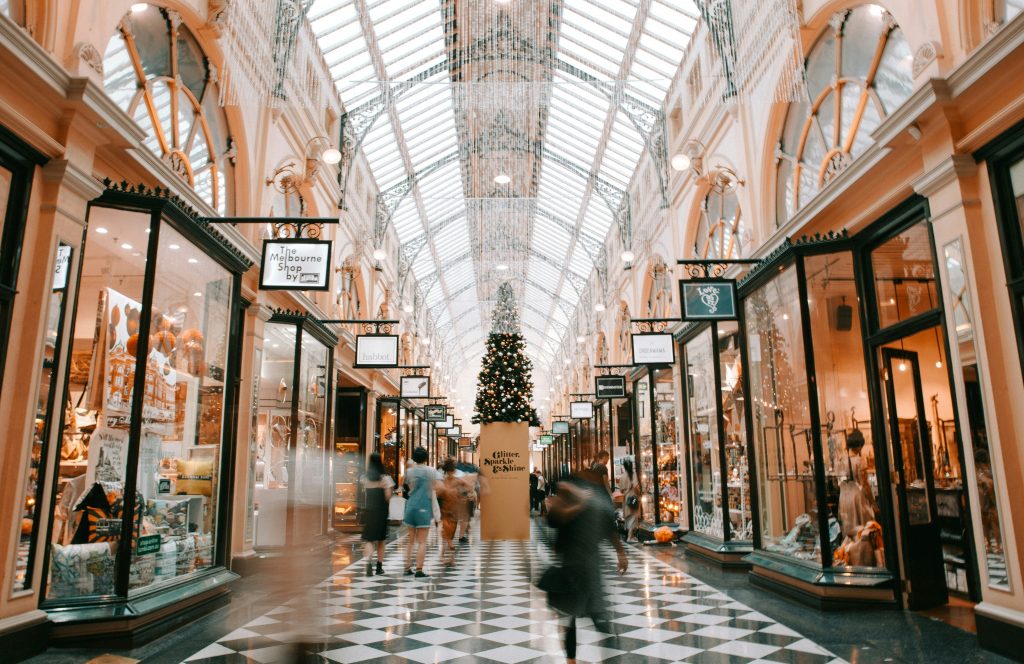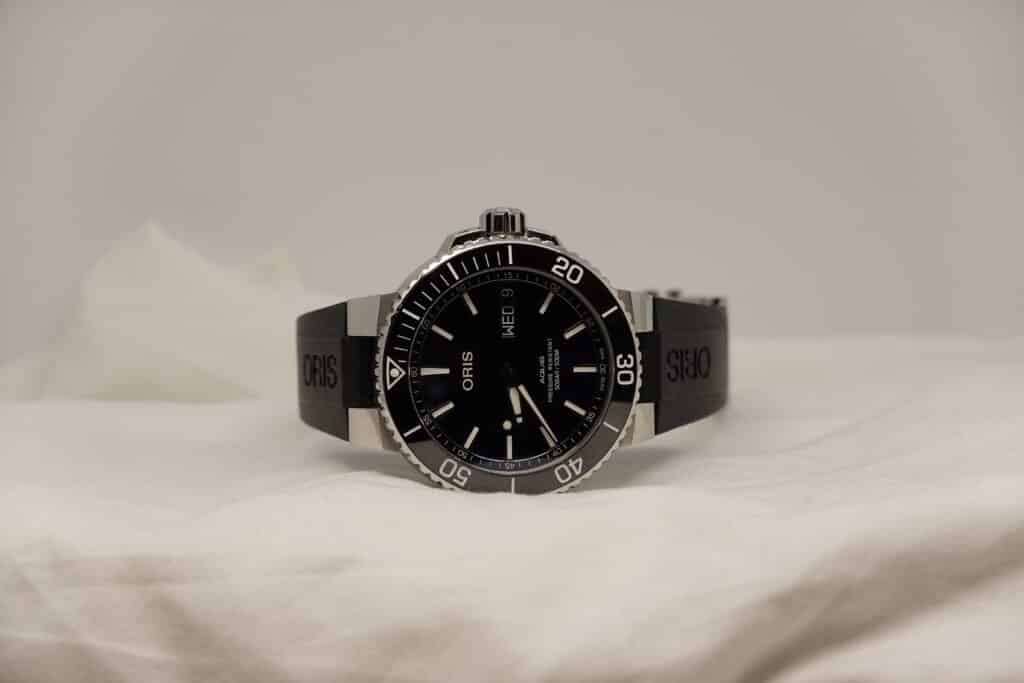Luxury retail could slow down in 2024

Following years of growth, the luxury industry might face a slowdown, according to RBC Capital Markets. LVMH’s stock price falling -7% following its quarterly results, its biggest drop since early 2020. Analysts have also started to lower their estimates, expecting a market correction that will bring slower growth over the next quarters. Several factors are influencing this trend:
The overall luxury market is around 25% above 2019 levels, with recent growth rates well above averages for most companies: “this not sustainable, and we expect moderating revenue growth trends from here,” shared RBC. This means the market is starting to correct itself, paving the way for lower growth trends versus what we have witnessed in the past three years.
Another key factor driving this downturn is the decrease in aspirational shoppers. This consumer group – which usually makes a few transactions a year, purchasing more affordable luxury products such as accessories – has cut back on luxury splurges this year, impacting most luxury groups.
In fact, this has been a visible trend since the beginning of the year in the U.S. particularly, with companies such as Kering and LVMH blaming their weak U.S. performance on a lack of demand from aspirational shoppers. Once a core target, this group of consumers seems to have been neglected by luxury brands that kept raising prices, thus driving them away to retain only those who can afford such inflation.
Considering the rising cost of living and fear of a recession, shoppers now think twice before treating themselves to luxury purchases. This trend has a clear impact on luxury brands, as aspirational shoppers represent 40% of luxury consumers worldwide.
“Average consumers have less residual income left over, which is likely to impact spending,” said RBC. The investment bank also believes that a luxury downturn is expected to be quite severe given high-interest rates, economic uncertainty and a challenging context in China, with demand failing to rise attractively post-pandemic. This is leading to a general concern for a slowdown in demand from consumers in Europe, China and the U.S.
European luxury stocks are declining following lower-than-anticipated revenue growth, leading to investment banks cutting their forecasts by 5% or more for their 2024 earnings-per-share, according to Reuters. As aspirational consumers shy away from luxury purchases and consumers become more tricky to capture given the current macro conditions, it will be interesting to see where luxury brands will seek new growth in 2024 and beyond


Responses